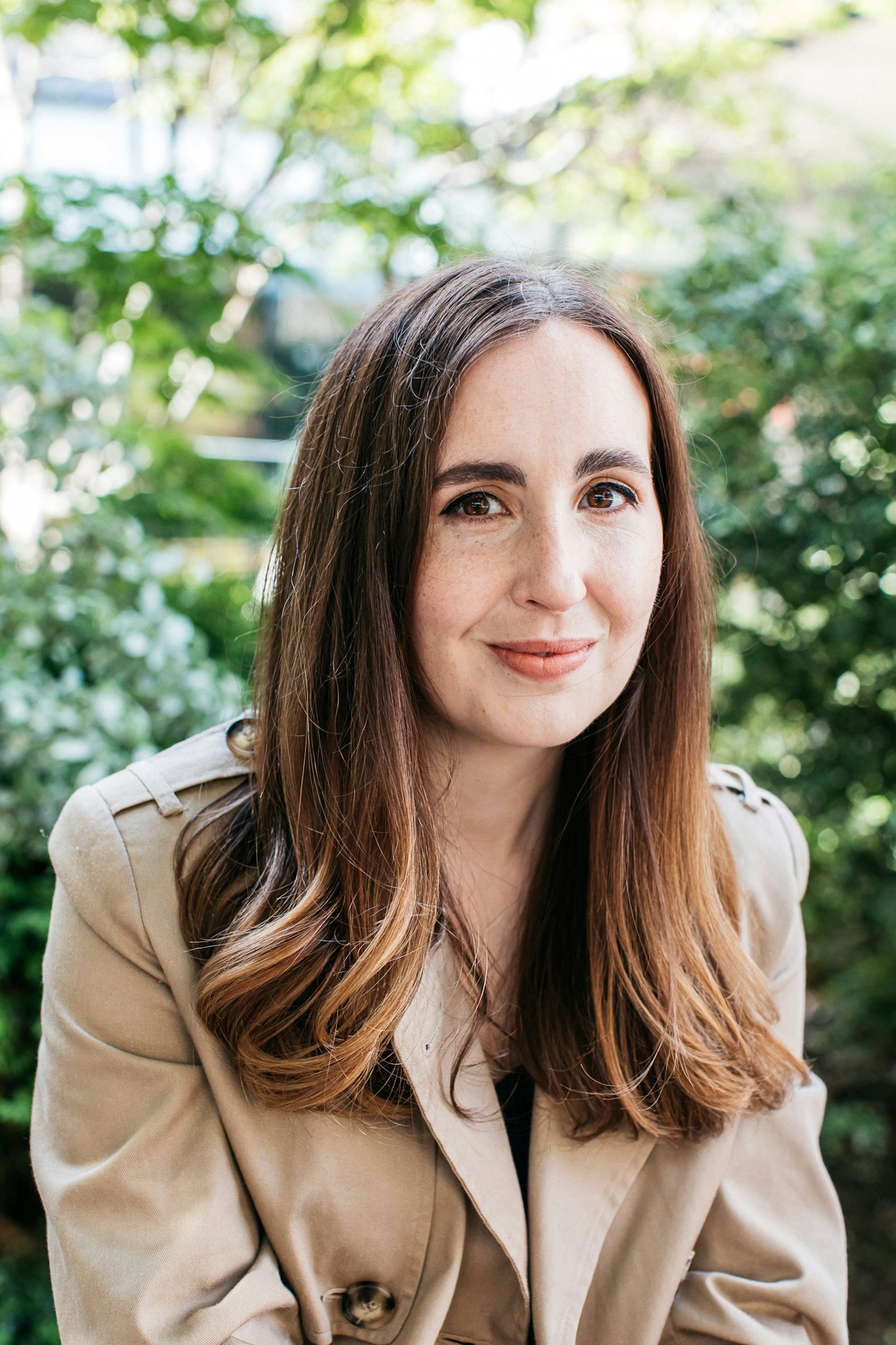I’m often asked how it started. How did I go from being a normal student, with just my student loan plus a £2k overdraft that I bobbed up and down in for the years after university, to having £27k of credit card debt by my mid-twenties?
At 24, while doing stints of low-paid work, I became pregnant. My now-husband and I had no idea the impact a child would have on our finances. He was earning £25k, while I was on £16k, working 50-hour weeks in restaurants.
The shame I felt at not being financially prepared for a child was all-consuming. I would sit with my NCT friends, many of whom were discussing renovations and holidays, and felt like I had completely failed my son already by having him a few years too soon.
We muddled through, until our wedding in 2017 and our second child in 2018 set in motion a snowball of debt that started rapidly gaining momentum. We’d struggled to save for the wedding according to the plan we set out, due in part to consecutive job losses and high childcare costs.

We relied on credit to bridge the gaps - we were too proud to postpone and, besides, we’d already spent so much on deposits. It wasn’t a huge wedding, but the cost still spiralled to around £18k, most of which ended up on credit. There wasn’t time to make much of a dent in what we owed before statutory maternity leave kicked in and, by the time our youngest son hit nine months, we had reached breaking point.
I spent most of this time in denial, quickly scrolling past my balance on online banking apps. By this point, most of our day-to-day costs were going on a credit cards, because the monthly repayments were gobbling up almost all of our income. I felt completely trapped, and yet, I’m not sure you would have been able to tell any of this from the outside. I had become an absolute master of moving money around to just cover my bases.
The result of this was that I became so anxious that I could barely sit still. I withdrew from friends and family. I already felt like I’d failed my children and my husband, but the fact that I was so preoccupied by thoughts of how to keep on top of it all that my temper was short and my nerves frayed made me feel like an even worse wife and mother.
When it did all finally come crashing down, it was almost a relief. All it took, in the end, was one phone call from my bank, saying that I’d gone over my overdraft limit again. I felt something shift. I remember asking myself if I wanted to live my whole life feeling this way, telling myself that I was about to turn 30 and something urgently needed to change.
I also started talking about our money troublesin the form of an anonymous Instagram account, and wastaken aback when so many people were ready to hear it. I did it mostly because I couldn’t figure out another way to hold myself accountable as I paid it off, and I expected to gain a handful of followers. But people discovered my account and breathed a sigh of relief.
Finally, someone had admitted to having made terrible mistakes with money, and it was cathartic to those people who had never felt brave enough even to look at their debt directly. Such is the stigma attached to owing money.
This moment coincided with a few changes to our circumstances that would make paying back what we owed slightly easier. Our eldest son was about to start school, meaning a huge reduction in childcare fees, and we both started slightly higher paid jobs.
To get the debt down I shifted every contract to the lowest cost options, cancelled anything unnecessary, called all of my lenders and asked what they could do for me. This gave us a bounce back in the right direction – but keeping that momentum going was the hard part.
It took two years of budgeting, saying no to things and prioritising the debt over most other things before we made our final payment. As my platform grew - my account now has 113,000 followers - and my earning potential increased, we were able to speed up the process slightly, too.
It’s almost five years since I’ve had to grapple with the thoughts and feelings of being deeply in debt, but they have definitely left their mark. Objectively, I have all of the skills for a healthy relationship with money now, but I’m not sure what it will take for me to feel properly secure.
I know that whether or not we fall into debt again may not be within our control. We live in an age where the cost of childcare is unaffordable, wages have stagnated, jobs are precarious and the cost of living has risen aggressively.
Our mortgage on the house we scrambled to finally buy last year expires in six months and we are facing an increase of up to £800 per month on the repayments. I barely took a moment’s maternity leave with my daughter, but my income has still dropped massively this year.
The safety net we thought we had built has holes in it, and I’m just hoping we can fix them in 2024. For something with so much stigma attached, debt is something that can be very hard to avoid – especially now.
We are giving it our best shot by cutting back, staying honest and working as hard as we can, but there are tens of thousands of people out there who know as well as I do that sometimes that isn’t enough. The most important thing is not to let shame prevent you from facing the problem, or from getting some help if you need it – because it doesn’t go away by itself.
BOX: How to cope if you’re in over your head
Arm yourself with balances, interest rates, logins, etc. Do the maths to work out how much you owe and how much it’s costing you in interest.
See if you can shift any of what you owe on to a 0% credit card - bonus points if you can consolidate your debt this way. Once the transfer is complete, close the original accounts.
Decide which debt to prioritise. Remember that no matter how you allocate funds, you must make the minimum repayment on all accounts each month.
Start making your payments and Just. Keep. Going. Track your progress. If you’re struggling, speak to debt charity Stepchange.
Remember: you are not your debt.
